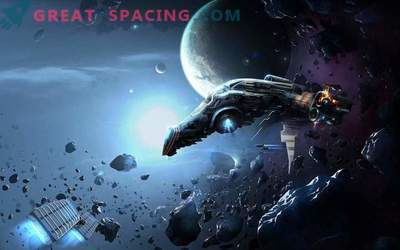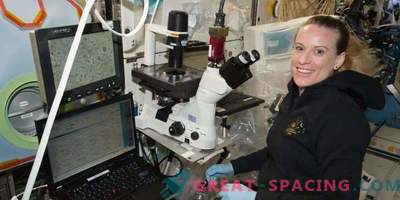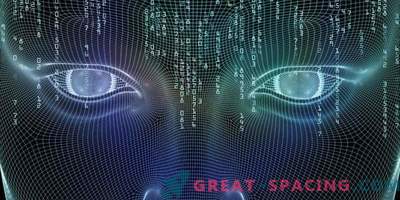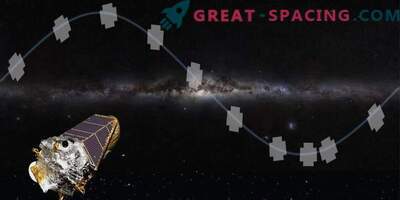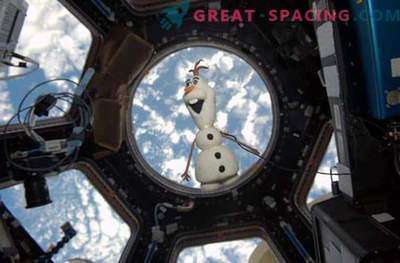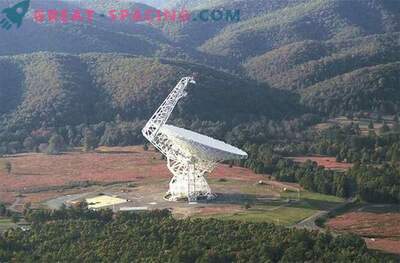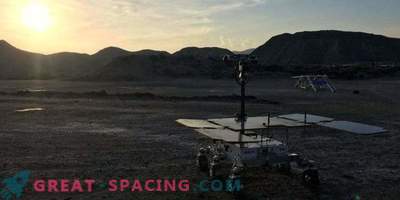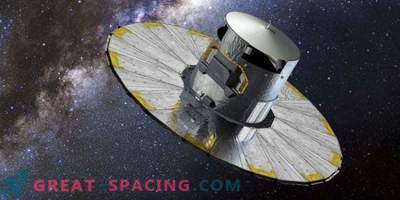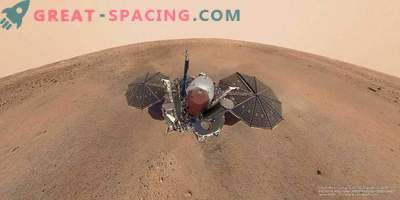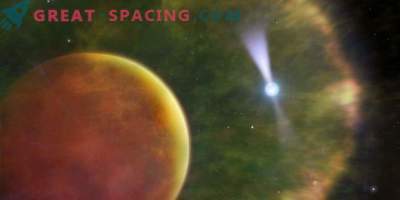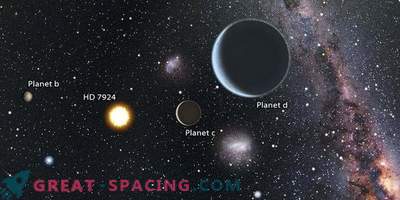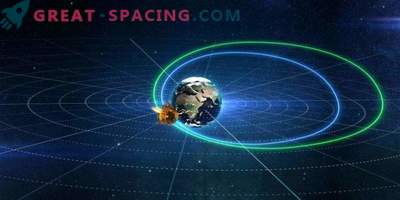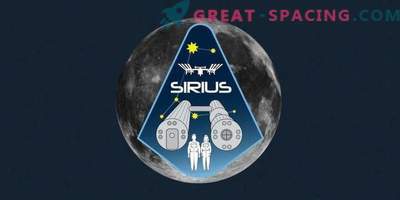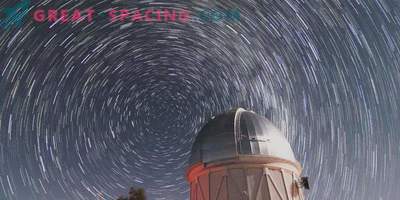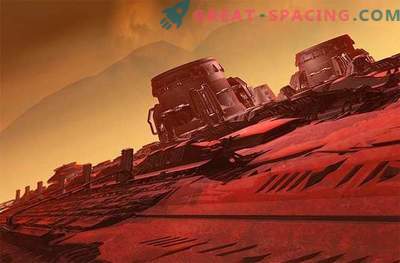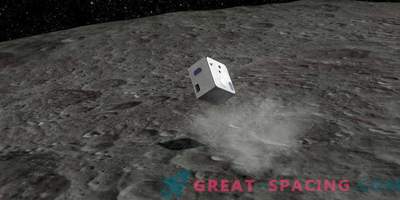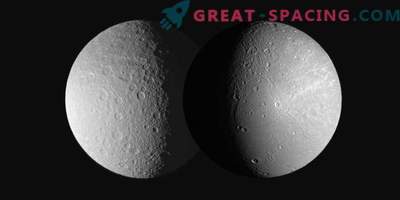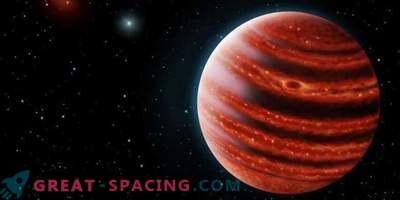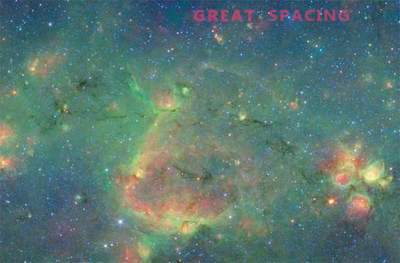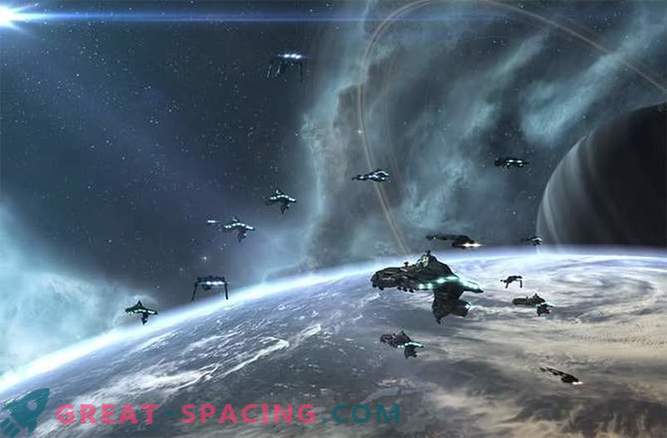
EVE Online is a role-playing multiplayer online game that is known for its spaceships and fascinating sci-fi visual effects. EVE Online is going to launch a crowdsourced research project using game mechanics. Within the framework of this project, a huge game base will be used to study the protein in the human body.
This idea, known as the Discovery Project, will work as part of the EVE Online Universe, where the characters of the game, known as capsuleers, will be able to observe microscopic images of human cells and tissues. At the same time, scientists hope to benefit from their audience by studying the huge number of images that cause the human eye to distinguish and classify certain biological structures.
The study of human proteins is necessary to find new methods of treatment and understanding of diseases such as cancer. By characterizing the location of proteins and the principles of their formation, scientists can improve the way they work with these proteins. But this is a huge task that will require an entire army of scientists to work.
Scientific projects based on broad public participation often make revolutionary discoveries. For example, you can take the project “Galaxy Zoo” (Zoo of the Universe), during which thousands of participants explored various patterns in outer space and at the same time discovered interesting vagaries of the human brain. Not so long ago, the participants of the “Planet Hunters” project tried to find a transit signal in the data of the NASA telescope Kepler and, together with astronomers, published an article about a strange transit signal coming from the star KIC 8462852. Besides the conclusions on paper, there are other versions according to which there is an object that represents a kind of megastructure of aliens. Of course, the likelihood that this does exist is negligible, or perhaps we have never met this phenomenon before, but the very fact of such results shows how powerful these crowdsourcing projects can be.
But instead of public efforts to study human cells and proteins, Swedish scientists from the project “The Human Protein Atlas”, the Swiss company Swiss company Massively Multiplayer Online Science and researchers from the University of Reykjavik combine real science with a computer game, together with CCP Games. An Icelandic company is working on a gamers reward program for EVE Online.
“By playing a mini-game that rewards you with ISK (in-game currency) and Sisters of EVE bonus balls, you are improving the database of the Human Protein Atlas project,” said CCP Games executive producer Andy Nordgren in his keynote speech at EVE Vegas conference in Las Vegas on Friday (October 23).
Discovery project melons come from the Human Protein Atlas project, which was founded in 2003, and the Stockholm group currently compiles a database of all known proteins of the human body. According to the speech at EVE Vegas by Professor Emma Lundberg, it all comes down to pattern recognition. An interesting fact is that the professor will have a personal avatar in the game “Professor Lundberg”, which is a scientist from EVE Sisters. She will train to identify different proteins.
(Screenshot of the planned Discovery project interface involving real microscopic images of human cells.)
As an ardent fan and player of EVE, I want to see how this mini-game works in the EVE Universe. EVE consists of thousands of clusters of connected stars called New Eden, which can hold thousands of players at any time. This is a sandbox in which the engine takes the best of the real world.
Although conflict is one of the basic driving factors of gameplay, often, during the most powerful battles, situations occur that are more altruistic in nature.
Thus, using this knowledge of the EVE community, CCP Games, together with partners, creates something important using real scientific data as content for the game. At the same time, crowdsourcing gamers, using their abilities, find human proteins, solving one of the most mysterious tasks of the human body.
